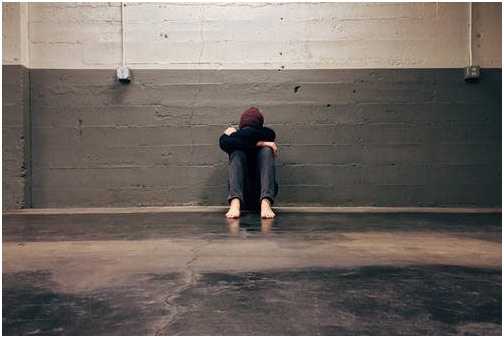Depression is a real illness and, thus, should be taken seriously and managed properly. There are common signs and symptoms, but the condition also takes different forms in different people. The important thing to remember is that depression can be treated and to let those who are depressed know that they are not alone.
What signs and symptoms should you watch out for?
According to the National Institute of Mental Health (NIMH), common signs and symptoms of depression include:
• Persistent sad, anxious, or “empty” mood
• Feelings of hopelessness, pessimism
• Feelings of guilt, worthlessness, helplessness
• Loss of interest or pleasure in hobbies and activities
• Decreased energy, fatigue, being “slowed down”
• Difficulty concentrating, remembering, making decisions
• Difficulty sleeping, early-morning awakening, or oversleeping
• Appetite and/or weight changes
• Thoughts of death or suicide, suicide attempts
• Restlessness, irritability
• Persistent physical symptoms
What are the factors that contribute to depression?
• Life events, such as the loss of a loved one; a traumatic experience, especially during childhood or adolescence; or a difficult relationship.
• A difficult and long-term or fatal medical condition.
• High levels of anxiety during teenage years.
• Intensely stressful situations.
• Certain medications.
• History of depression in the family.
• Brain biology and chemistry.
• Hormonal factors.
Why should depression be taken seriously?
It can take over one’s life. Depression often manifests as sadness, but it is more than that. It can adversely affect various aspects of a person’s life – their relationships, work, studies, sleep, and overall health. The negative emotions and thoughts are often relentless and intense – so much so that, if left untreated, it can manifest as a physical illness and lead to a serious health condition.
It creates isolation. Most people who are depressed feel isolated because they fear being judged as weak, unstable, overly dramatic, or even crazy; and so they keep their suffering to themselves and do not seek help. The persistent stigma that surrounds depression also leads to the very real worry that the person’s relationship/s or job will be jeopardized should they seek treatment and be diagnosed with the condition. The feeling of isolation is both created by others – through their judgment – and the depressed, themselves – when they push people away.
It is destructive. And it can lead to disastrous and tragic outcomes. The emotions, thoughts, and behaviors associated with depression feed on each other, and this is what often leads to the feeling of being “sucked into a black hole” that those who have been depressed for a prolonged period experience. Untreated depression not only has the great potential to destroy relationships, but also entire lives.
If you think that you may be depressed, the NIMH recommends making an appointment with a primary care doctor or a health provider specializing in mental health conditions as soon as possible. If someone you know is showing symptoms of depression and you’re not sure how to help them seek treatment, you may also seek the advice of a family medicine practitioner on how you can safely approach the situation.

